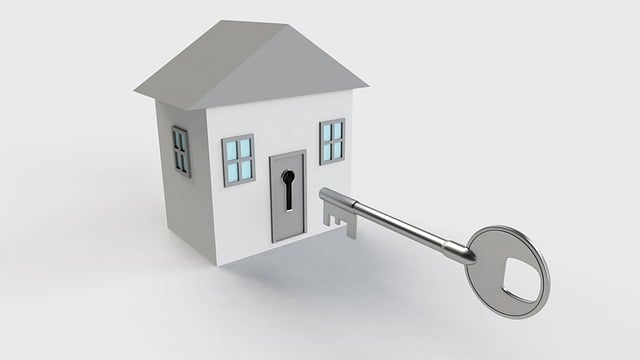Lenders in the real estate industry protect themselves from losses due to borrower defaults through legal mechanisms, financial tools (like collateral), comprehensive loan agreements outlining repayment terms and foreclosure procedures. They mitigate risks with thorough credit checks, property appraisals, insurance policies, and adequate collateral. Both lenders and borrowers benefit from proactive communication and understanding of obligations to minimize defaults, fostering a robust lending environment.
In the dynamic landscape of real estate, protecting lenders from borrower defaults is paramount. This article delves into the intricate mechanisms safeguarding financial institutions in the event of non-payment, focusing on key strategies within real estate transactions. We explore how these protections work, their implications for mortgagees and borrowers, and best practices to navigate this critical aspect of the industry. Understanding these measures is essential for both parties, ensuring a robust and secure real estate market.
Understanding Lender Protection in Real Estate Transactions

In real estate transactions, protecting lenders from potential losses in case of borrower defaults is a paramount concern. This protection is often achieved through various legal mechanisms and financial instruments designed to safeguard the lender’s interest. One common method involves requiring borrowers to provide collateral, such as property or assets, which can be seized and sold if they fail to repay their loans. This reduces the risk for lenders, enabling them to extend credit with greater confidence.
Additionally, real estate transactions often include comprehensive loan agreements that outline the terms and conditions of repayment, including penalties for default. These agreements may also specify procedures for foreclosure, providing lenders with legal avenues to recover their investments if borrowers cannot meet their financial obligations. Such protections are crucial in maintaining stability within the real estate market and fostering a healthy lending environment.
Mechanisms of Securing Lenders Against Default

Lenders in real estate transactions employ several mechanisms to safeguard themselves from potential losses if borrowers default on their loans. One primary method is the use of collateral, which serves as a form of security for the loan. In most cases, this involves securing the property itself; if the borrower fails to repay, the lender can initiate foreclosure proceedings and reclaim the real estate, mitigating their financial exposure.
Additionally, lenders often conduct thorough credit checks and assess the borrower’s financial health before extending credit. This includes evaluating their income, assets, and credit history. By gauging the borrower’s ability to repay, lenders can make more informed decisions and set appropriate loan terms. Furthermore, regular monitoring of the borrower’s financial situation throughout the loan tenure allows lenders to identify potential risks early on, enabling them to take proactive measures to secure their investment in case of default.
Implications and Best Practices for Mortgagees and Borrowers

When a borrower defaults on their mortgage, the implications can be significant for both parties involved—the lender and the borrower. For mortgagees (lenders), this often involves the risk of property foreclosure and potential financial losses. However, certain provisions in real estate contracts, such as comprehensive insurance policies and collateral agreements, offer protection against these risks.
To mitigate potential losses, best practices for mortgagees include conducting thorough credit checks, appraisal, and property valuation before extending a loan. Additionally, encouraging borrowers to maintain adequate property insurance and ensuring the presence of viable collateral can significantly reduce the impact of defaults. For borrowers, understanding their obligations, including timely loan repayments and proper maintenance of collateral, is crucial. Proactive communication with mortgagees regarding any financial difficulties can also help find solutions before default occurs, fostering a cooperative environment that benefits both parties in the long run.






